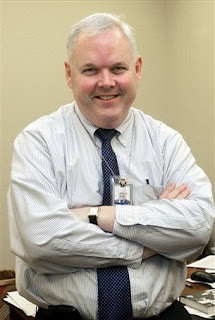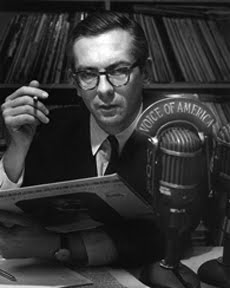 It would be wonderful if there were no conflict in our world – no need for a military. But history has taught us otherwise, and we would do well to pay heed to its continuing lessons.
It would be wonderful if there were no conflict in our world – no need for a military. But history has taught us otherwise, and we would do well to pay heed to its continuing lessons.I was impressed last week by an editorial piece written by William McGurn in Atchison, Kansas for the Wall Street Journal. The commencement speaker at Atchison’s Benedictine College, McGurn contrasted the small heartland school with Harvard University, which has not allowed ROTC on campus since it “was booted off” during the Vietnam War. He reflected upon the nurturing pride that Benedictine showed its ROTC graduates.
McGurn noted that opponents of the Iraq war frequently express the view that they oppose the administration’s policy – not the troops. In fact, most public sentiment overwhelmingly supports the troops. He told of how tiny Benedictine College has embraced its ROTC graduates, recognizing that these young people may soon be put in harm’s way to defend the liberties we Americans enjoy. It was his opinion that Harvard would do well to emulate Benedictine.
McGurn’s observation that the military is one of our nation’s “most open and diverse institutions” rang true. Those of us who have served know all too well that the military is far from perfect. Like all huge organizations, it often succumbs to stupidity. Notwithstanding the views of those who focus upon the “don’t ask, don’t tell” policy regarding homosexuals (http://www.bertrandrussell.blogspot.com/), the United States military remains near the top of those organizations where you’ll find a modicum of openness and diversity.
Offering ROTC on campus is a good thing. I still subscribe to the notion that our country would do well to require that all able-bodied young people be required to perform two or three years of public service for their country. It might be the Peace Corps, a CCC-type domestic program, or the military. They – and our country – would be the beneficiaries of such a plan.
In the meantime, Harvard should go back to school and study the wisdom of embracing ROTC students on its campus.



